You may have seen the 21st Century curriculum mentioned if you are an educator or are interested in the latest trends in education but for the layperson, you are more likely to see reference to elements of it in the media and particularly the business sections of the media. The curriculum has been around now for around three years and has been adopted wholesale by some countries whilst others, like the UK, have toyed with it but not pressed home its advantages.
Depending on the version you discover, the curriculum can have four, six or up to sixteen different elements but most educators prefer the simplicity of the four or six part curriculum. The four part curriculum focuses on Communication, Collaboration, Creativity and Critical Thinking (the four Cs) whilst the six part adds in another 2 Cs in Citizenship and Digital Competency. Most will see that these are skills rather than knowledge but they’ve been identified as critical to a person’s ability to play an active and effective part in society.
The UK is showing the most public reaction to the benefits of the curriculum which can easily be integrated into the National Curriculum but the education establishment is struggling to get the concepts embedded in the daily life of schools.
At Elea High, our experience of using the 21st Century Curriculum in our partner school, TLC Private School, has confirmed our belief that any education system MUST take account of it and consistently embed its tenets in the daily life of the school.
Being able to communicate effectively demonstrates who we are and allows us to state our intentions. The impact our communication has on others can be life-changing too so it’s vital these skills are developed and practised until they become second nature. Equally, the ability to work together is of great importance – it’s often said ‘two heads are better than one’. Learning to solve a problem with the help of others, developing the listening elements of communication as well as evaluation and compromise is a skill that many lack but all need.
Some of us naturally use critical thinking to investigate problems before coming up with creative solutions to solve them in the most effective way but for most, we need practice in doing so; being given problems which aren’t easy to understand and solve unless we critically analyse what the need is and the barriers to addressing the need.
Finally, an awareness of the world, developed from us being active citizens can often help us to identify problems for which we may be able to contribute towards a solution, it can help us understand why some things happen that seem out of our control and it can make us aware of the needs of others and encourage us to help address their needs. Finally, in an age when we no longer need to remember facts, digital competency will enable us to get the information we need at the touch of a screen meaning we have more time in which to create new learning from it.

